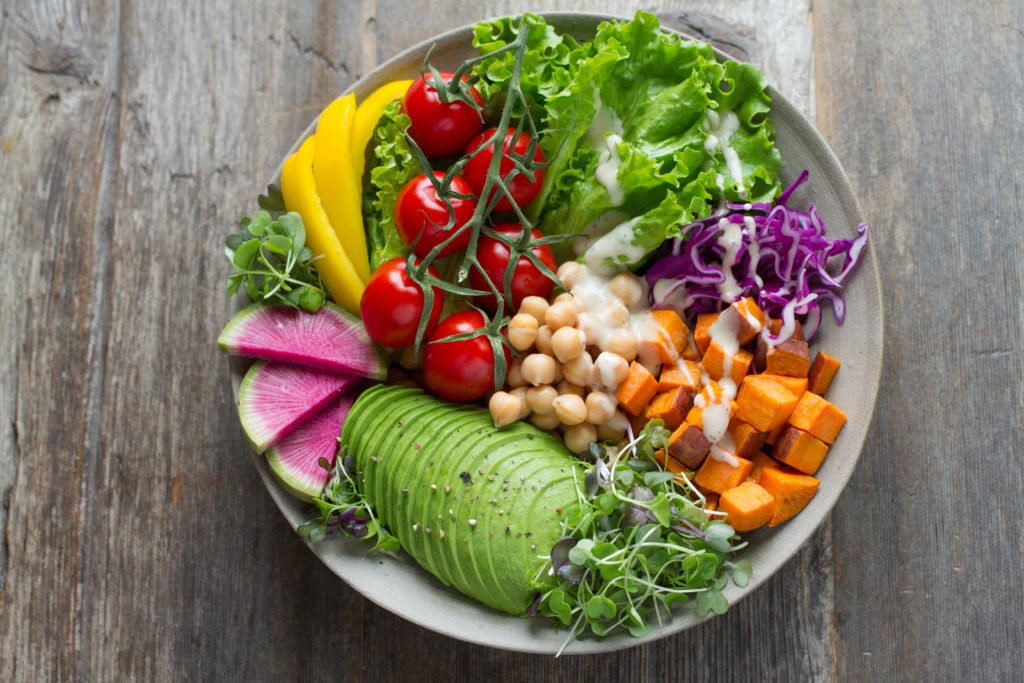
Eating right and staying fit are important no matter what your age. You know that as you get older your appetite has changed, your taste buds have changed and you prefer foods today you may not have cared for when you were younger. The same is true of your elderly parents. And while personal preferences may have changed, more importantly, their nutritional needs have changed.
Some Things to Consider
In addition to changes in appetite and taste buds, some foods can be difficult to chew or digest, and physical changes in the digestive system make it difficult to absorb all the nutrients the aging body really needs.
Another challenge is that because the number of calories your elderly parents need is reduced, every calorie they consume must be packed with nutrition. This makes treats and ‘junk’ food even less appealing in terms of offering what the body needs.
Handling kitchen tools with arthritic hands can be difficult, so many elderly stop cooking for themselves. Which results in eating a lot of canned or boxed foods because they’re easy to prepare.
So what can you do?
First, understand the nutritional needs of your elderly parents, then create a plan that works for them and makes it easy for them to get these nutrients on a regular basis.
Here are top vitamins and nutrients to look for and have on the plan:
B12. It is important for creating red blood cells and for maintaining healthy nerve function. Foods that are rich in B12 include fish, meat, poultry, eggs, and milk products. Older people don’t absorb it from food as well as they did when they were younger, so talk to their healthcare service provider about possibly adding a B12 supplement to their daily meal plan.
Folate. This is actually vitamin B9 and aids in the development of red blood cells and supports the nervous system function. Remember when you heard “eat your greens”? This vitamin is in many green vegetables such as spinach, asparagus, turnip greens, parsley, collard greens, and broccoli as well as cauliflower, beets, and lentils.
Calcium. As you know, calcium is most important for building and maintaining strong bones. Chances are good that your elderly parents have been consuming less calcium as they age. This puts them at risk for brittle bones and fractures. To combat this, add more servings a day of low-fat milk and dairy products, add kale and fortified juices to their diet. Calcium-rich foods are the best choice because the body needs both calcium and protein, both of which can be gotten from dairy and greens. An option for those who dislike milk is smoothies. Made with yogurt, fruit, and some vegetable smoothies are great for those who have lost their appetite, have difficulty with chewing or have dry mouth due to medications. They are easy to make and easy to consume. They also freeze well.
Vitamin D. This vitamin helps the body to absorb calcium, maintain bone density, and prevent osteoporosis. While few foods naturally contain vitamin D, many are fortified and these include cereals, yogurts, and juices.
Potassium. This mineral is vital for cell function and helps reduce high blood pressure and the risk of kidney stones. The best way to consume this mineral is in fruits and vegetables, especially banana, prunes, plums, and potatoes with their skin.
Magnesium. This nutrient has a role in over 300 physiological processes and getting enough will help the immune system stay in shape while keeping the heart healthy and the bones strong. Many whole foods, including vegetables, contain magnesium, but your elderly parents may not be absorbing enough because of medications they are taking. Unprocessed, whole foods such as fresh fruits, vegetables, nuts, whole grains, beans, and seed, are all great sources of magnesium and can be part of every meal your parents consume.
Fiber. Healthy digestion depends on fiber to move foods through the digestive tract. Fiber-rich foods include whole grains, beans, fruits, and vegetables.
Omega-3 Fats. Found in fish as well as soybeans, walnuts, flaxseed, and canola oil. Making sure your parents have two servings of fish each week will ensure that they’re getting enough Omega-3 fats. Canned salmon on a salad with a favorite dressing is an easy meal to fix.
Water. As we age our sense of thirst declines, medications can dehydrate us, and it’s easy to forget that water is a great drink to have with meals.
None of the nutrients listed should come as a surprise. What is important is that you be aware that your elderly parents need these nutrients in every meal they consume. And making sure this happens isn’t nearly as difficult as some might think. Be creative. Use cranberry sauce instead of mayonnaise with a turkey and whole wheat bread sandwich. Prepare snack mixes of pumpkin seeds, nuts, and raisins and put in small storage containers. Pre-chop raw vegetables for salads and store in small bags in the refrigerator, transfer a bag of fresh spinach to a storage bag and place in the refrigerator next to small containers of canned fish – now all your elderly parent (or you) need to do each day is place a handful of spinach on a plate, use a small bag of veggies to cover, add a favorite dressing and you have a salad ready to eat.



Stay Up To Date With AWGCM